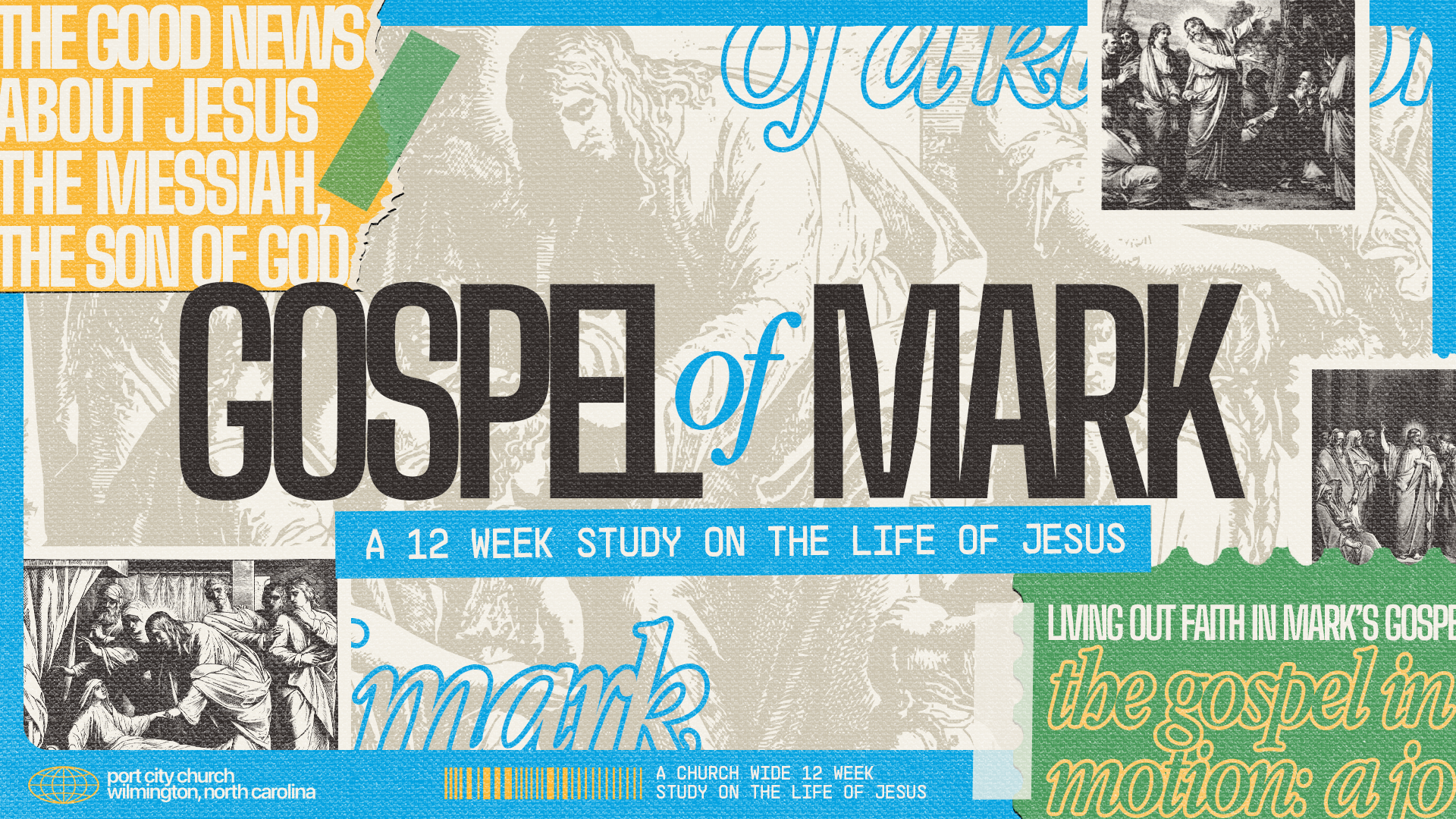Preparing
READ
So we've spent a week exploring one of the most challenging chapters in the Gospels. How are you feeling about it? Confused? Enlightened? Maybe a bit of both?
Let’s take a moment to re-read Mark 13.
Mark 13:31-34
Heaven and earth will pass away, but my words will never pass away. But about that day or hour no one knows, not even the angels in heaven, nor the Son, but only the Father. Be on guard! Be alert! You do not know when that time will come. It’s like a man going away: He leaves his house and puts his servants in charge, each with their assigned task, and tells the one at the door to keep watch.
REFLECT
Throughout Mark 13, Jesus is essentially preparing his disciples for life in the in-between—that space between his departure and his return. It's exactly where we find ourselves today, isn't it?
What strikes me most about this chapter is how Jesus flips our natural tendencies on their head. We're obsessed with knowing when things will happen; he emphasizes how to live faithfully regardless of timing. We crave certainty; he calls for trust. We want escape from troubles; he promises presence through them.
Think about it—if Jesus had given the disciples an exact date for his return, how would that have affected their lives? If he had said, "I'm coming back on October 15, 2025," would they have lived differently? Maybe they'd have procrastinated their mission, or become so fixated on the date that they missed opportunities right in front of them.
Instead, Jesus gives them—and us—something much more valuable: a framework for living meaningfully in uncertain times. He doesn't offer an escape plan or a detailed timeline but a way of being in the world that combines realistic awareness with unshakable hope.
I find it comforting that Jesus acknowledges the reality of suffering. He doesn't sugar-coat the challenges his followers will face. Wars, persecution, betrayal—he names them all. But he also insists that these painful realities don't get the final word. There's a bigger story unfolding, and it ends with his return and the gathering of all who belong to him.
So what does faithful living look like in this in-between time? It's not about withdrawing from the world or becoming obsessed with prophetic charts. It's about critical engagement—being neither naively optimistic nor paralyzed by doom, but clear-eyed and hopeful.
It's about watching for God's activity in everyday life. It's about staying spiritually awake rather than being lulled into complacency. It's about remembering that while mountains crumble and empires fall, Jesus' words remain true and trustworthy.
As we close this week's study, perhaps the most important question isn't "When is Jesus coming back?" but "How am I living while I wait?" Not calculation but character. Not prediction but preparation through purposeful living.
RESPOND
Take a moment to process what God might be leading you to do in light of what you read.
How has this week's study changed your understanding of what it means to "watch" for Jesus' return?
What one practice could you incorporate into your daily routine to maintain spiritual alertness without becoming anxious or obsessive?
REST
Take a moment to rest in God’s presence and consider one thing you can take away from your time reading, then close your devotional experience by praying:
Jesus, thank you for honest words about both the challenges and hope that lie ahead. Help me to live in this in-between time with eyes wide open—neither naive about suffering nor defeated by it. Shape my character to reflect Your kingdom values as I wait. And when headlines trigger anxiety, remind me that You've overcome the world and that Your words outlast everything else. Amen.

